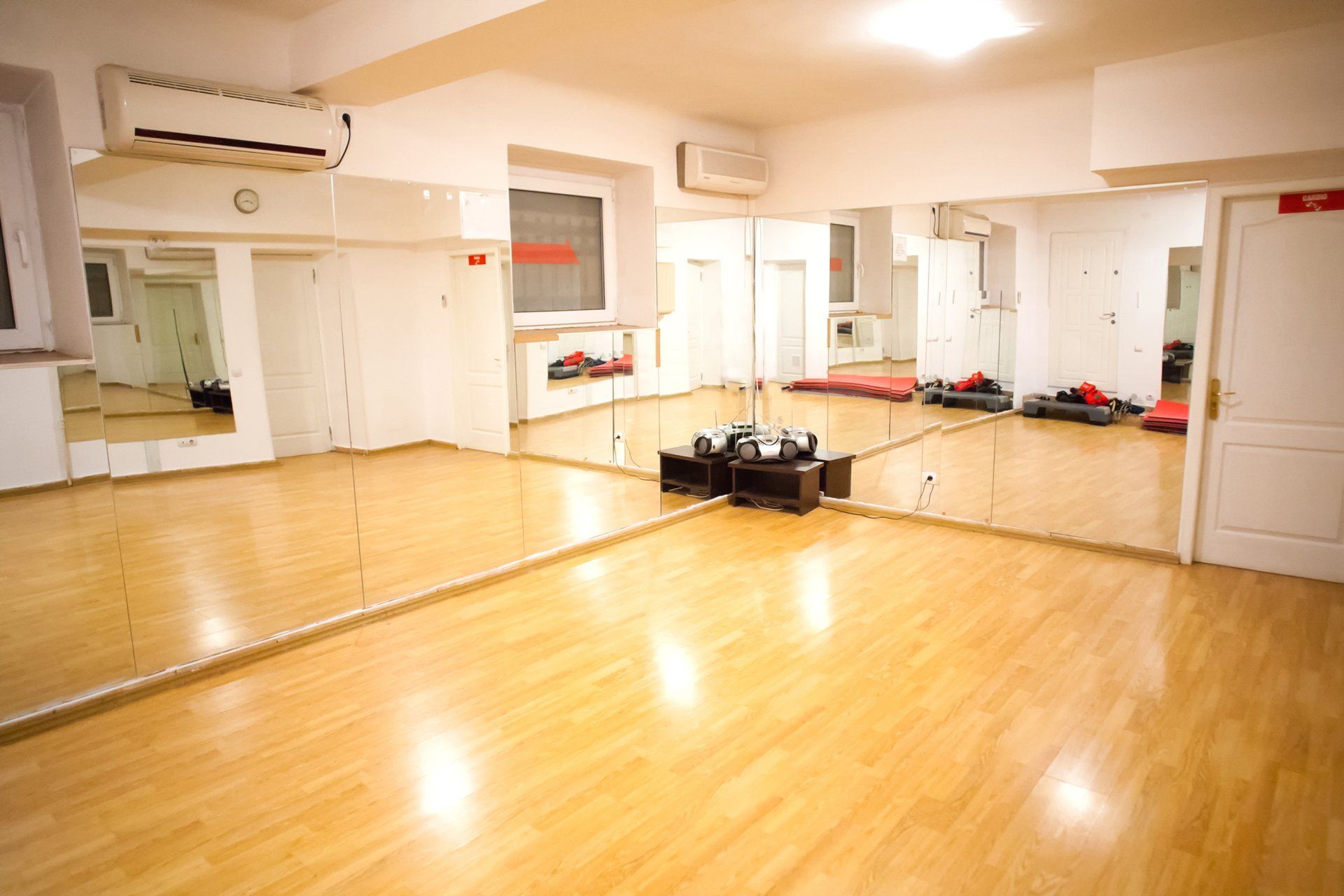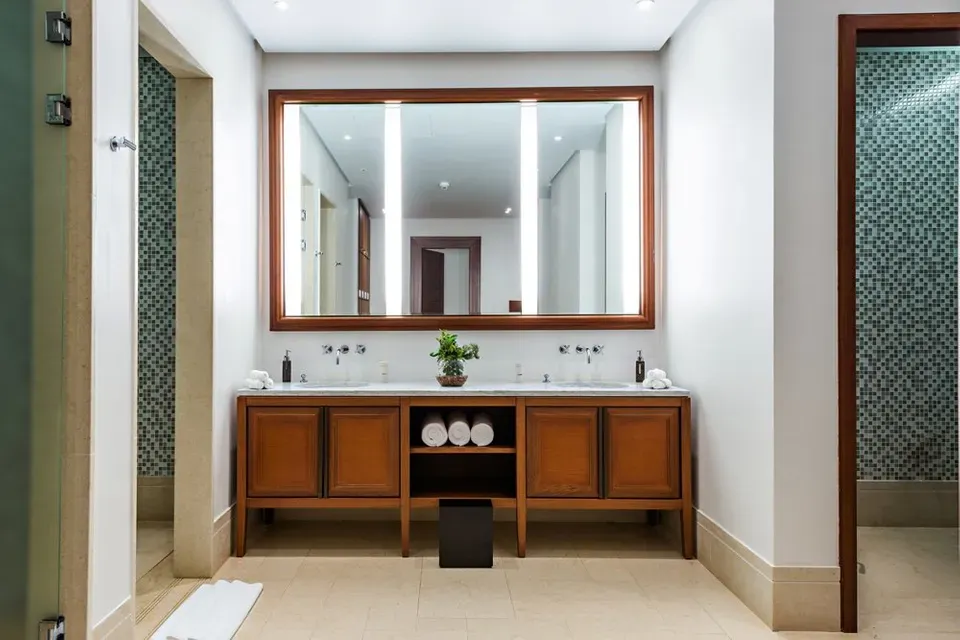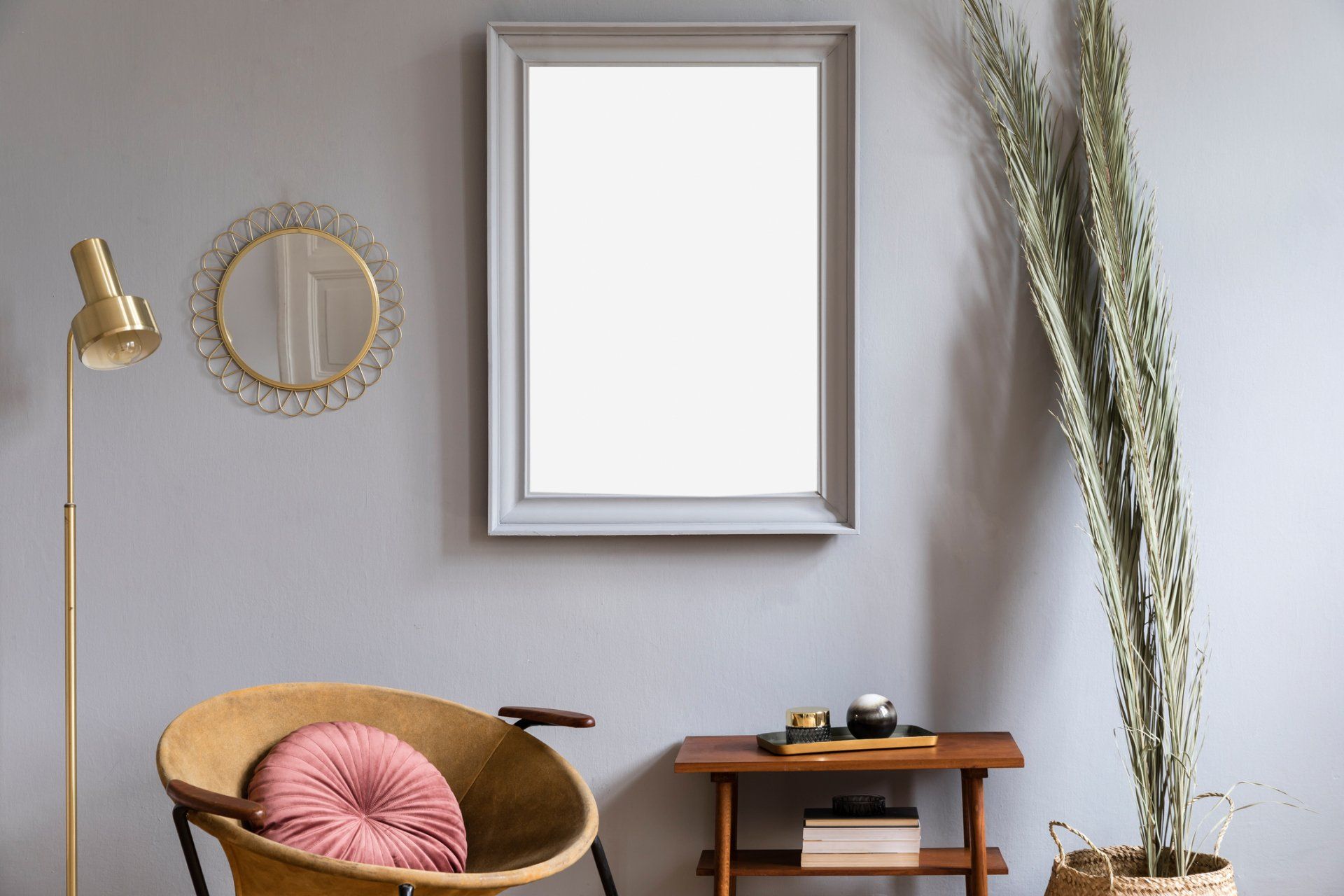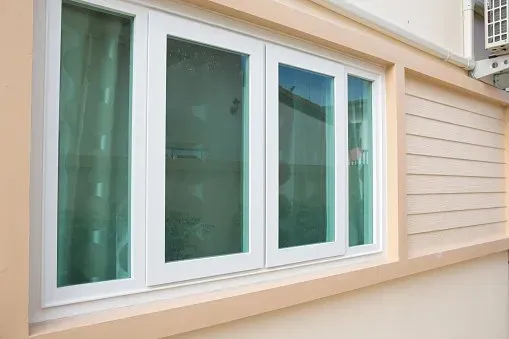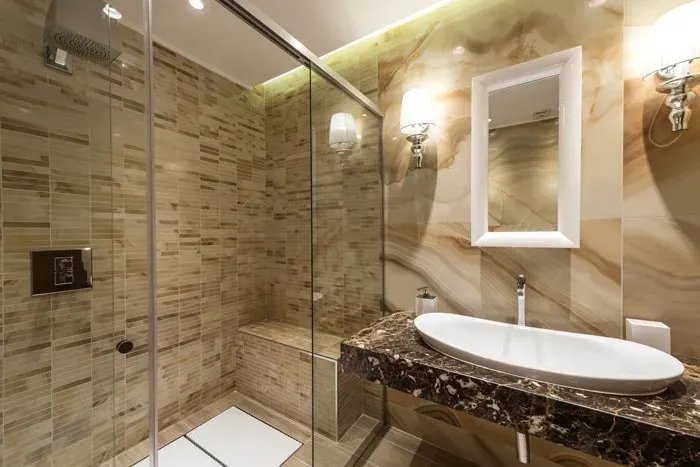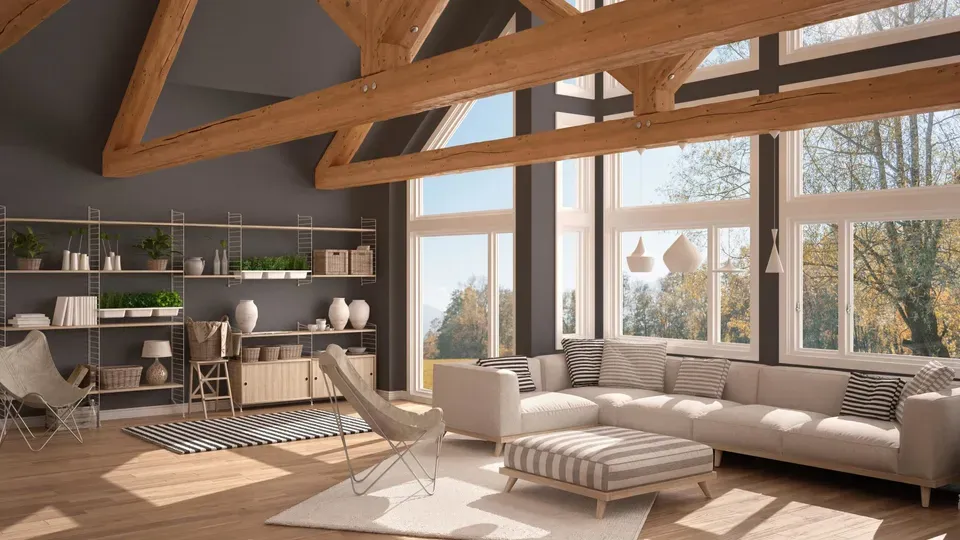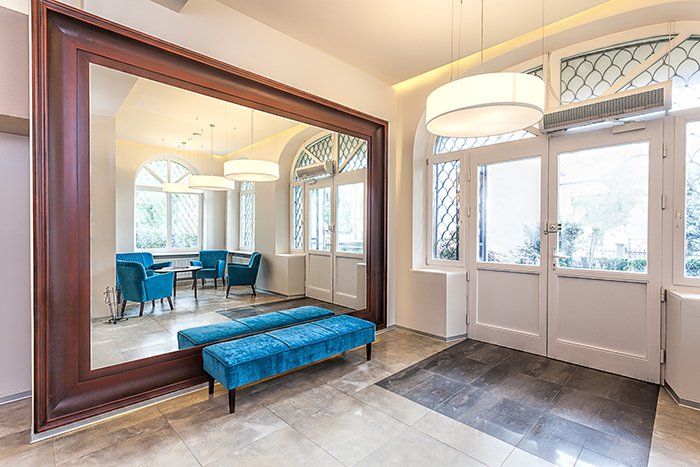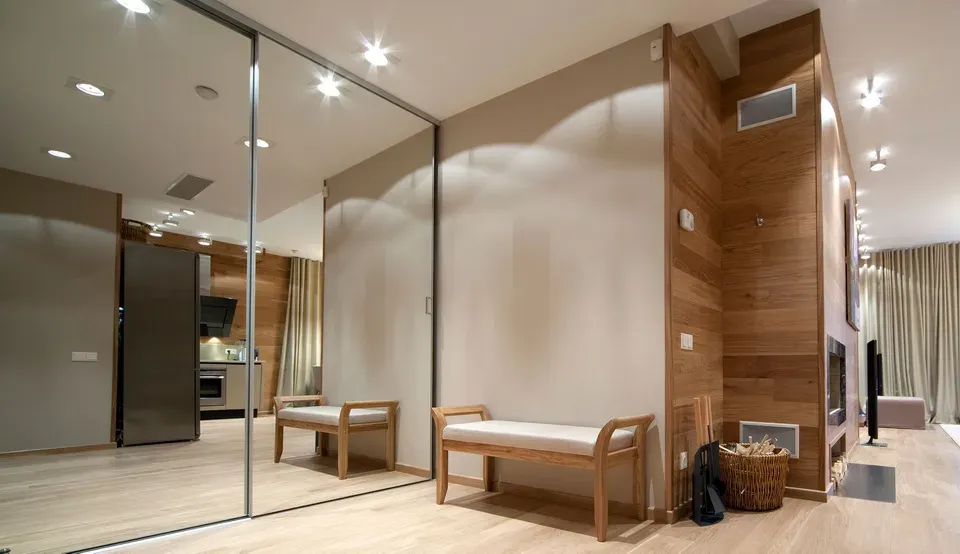Composite Versus Vinyl Windows
Two popular options for replacement windows are composite and vinyl frames. On the surface, these windows may look identical, but they are quite different. Additionally, while vinyl windows generally come with a lower upfront cost than composite windows, sometimes called fiberglass, the latter option is just as valuable.
However, in order for this truth to make sense to you, you must understand that cost and value are two entirely different matters. Just because something costs less doesn't mean it's more valuable. The level of energy efficiency, any required maintenance, and the durability of these two windows styles are points to consider to determine which option will bring you the most value.
Energy Efficiency
Heating and cooling account for the majority of most houses' energy usage. So ideally, your windows help you reduce these costs. Vinyl windows have hollow centers that can be filled with insulation-boosting materials that reduce the thermal transfer rate, and composite windows have the same awesome thermal-blocking properties as wood.
However, while both composite and vinyl windows offer an avenue to save money, a composite option is more energy efficient than vinyl. During the cold Indiana winters, the increased thermal-blocking power of the composite window will keep more heat inside your home, and during the summer this blocking power keeps hot air out.
The increased efficiency gained from the composite windows keeps your home more comfortable and your energy costs lower year-round. This feature is important because increased energy efficiency requires a whole-home effort, from the type of glass installed to the condition of your heating and cooling systems. Your frame choice is just one component of your efforts.
Maintenance
As with any structure in your home, you will have to perform some level of maintenance to keep the windows in good condition. When it comes to maintenance, some people hate it while others love it. If you're a person that hates maintenance, vinyl windows are an excellent option.
After installation, maintaining the vinyl windows is about as strenuous as cleaning the windows every now and then. Especially if you want a colored window frame, composite windows will require more effort.
The color application of vinyl frames is more rigid than those of composite frames, which means there is no concern for fading or color changes. Composite windows may need to have their color reapplied in the future, particularly for those windows that are in the path of the sun for most of the day.
If you are a person who values the look of composite windows, then choosing a more maintenance-focused product might be a good decision. However, if you value low maintenance, then vinyl may be a better choice.
Durability
The level of strength, or lifespan, of a window, is equally important to consider in terms of overall value. If you're stuck on your decision, know you will get a good return on your investment no matter which option you choose, yet composite windows can give you a greater boost.
Vinyl windows are made from polyvinyl chloride, which is, in essence, a strong form of plastic. Composite windows are designed from a combination of resins and polymers, which offer a more durable structure.
From increased wind to the normal expansion and contraction process that occurs with temperature changes throughout the day, composite will hold up longer. In fact, composite windows contract and expand many times less than the standard vinyl option.
The more you know about each window option, the more confident you will be that you'll uphold your decision years from now. For more tips on choosing the right option for your home and your specific needs, City Glass of Bloomington, Inc., is here. Contact us for all your window replacement needs.
